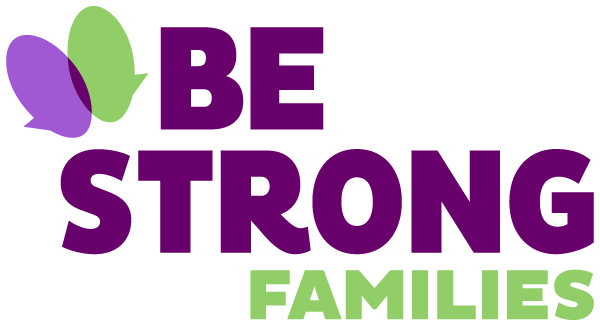Your Children Are Not Your Children.
Image from The Atlantic
Your children are not your children.
They are the sons and daughters of Life’s longing for itself.
They come through you but not from you,
And though they are with you yet they belong not to you.
You may give them your love but not your thoughts,
For they have their own thoughts.
You may house their bodies but not their souls,
For their souls dwell in the house of tomorrow,
which you cannot visit, not even in your dreams.
You may strive to be like them,
but seek not to make them like you.
For life goes not backward nor tarries with yesterday.
—Kahlil Gibran
I’ve been a parent now for nearly 22 of my 52 years on this earth. At various times of those 22 years, I’ve pondered, digested and dissected this piece by philosopher and poet, Kahlil Gibran. No matter where I am on my (growth) journey as a parent, that first line of Gibran’s poem always gets me; a punch, right in my gut. It’s a natural, normal parental reaction to an obvious fact—I birthed them, raised them, loved and nurtured them, provided and protected them, encouraged and supported all of their hopes and dreams. So yes, they belong to me!
And I imagine the parents of children, crossing the US border, fleeing to America to carve out a better life for their family, feel the same way; their children belong to them and they belong with them. So, how is it that we have arrived at this tragic-and-atrocious-void-of-compassion moment in our life where we are bearing witness to the separation of children from their parents in the name of justice and immigration law?
To be clear, this is not the first time in American history that children have been tragically separated from their family; the separation of children from their parents was a common practice during chattel slavery, a system of enslaving African and African American people whereby they were bought, sold and treated as property for financial gain. Slave masters thought nothing of keeping families intact. While these heart-wrenching scenes of African American families being torn apart are the lived experiences of my ancestors, America is creating a fresh lived experience for migrant families; one that will be written in our history books—with digital content. We won’t have to imagine the heart wrenching cries of desperation from the lips of a Mexican mother having her young child ripped from her arms. We need only be in earshot of the local news to hear the sobs of young children crying for their mama. Unimaginable. Unbearable. Haunting cries forever etched in our minds and on our hearts. Or maybe not. I suppose that depends on your values; what is important to you and how do your values guide or inform your humanity? Is it a question of citizenship—who gets to come into the country, how many of “those people” will we allow to become an American (them vs. us…)—or is it a question of humanity—what are the consequences of abruptly separating children from their families in a foreign land? In essence, how do your morals shape your values?
I remember when we were a nation that upheld the old African proverb, “It takes a village to raise a child.” Well, the village has a crisis; we will advocate for some children, but not all. It really depends on if the children have dark skin or light skin. Or if they are from a particular “community.” Or if they are outspoken on issues that directly affect their education and safety because we would much rather that the children stay in their place; be silent and invisible.
But it all goes back to the original question: what do you value? And how does our nation get back to the place where our humanity shapes our values?
“Your children are not your children…” I didn’t birth any of the migrant children that crossed the border with their family hoping to have a better life in the United States of America. And I didn’t witness firsthand the atrocities of my ancestors being enslaved over 400 years ago. But I did feel in my spirit their cries of anguish for the one thing that is most familiar to them; the thing that they, and you, love most in the world, and that is family.
Article by Dena Chapman

